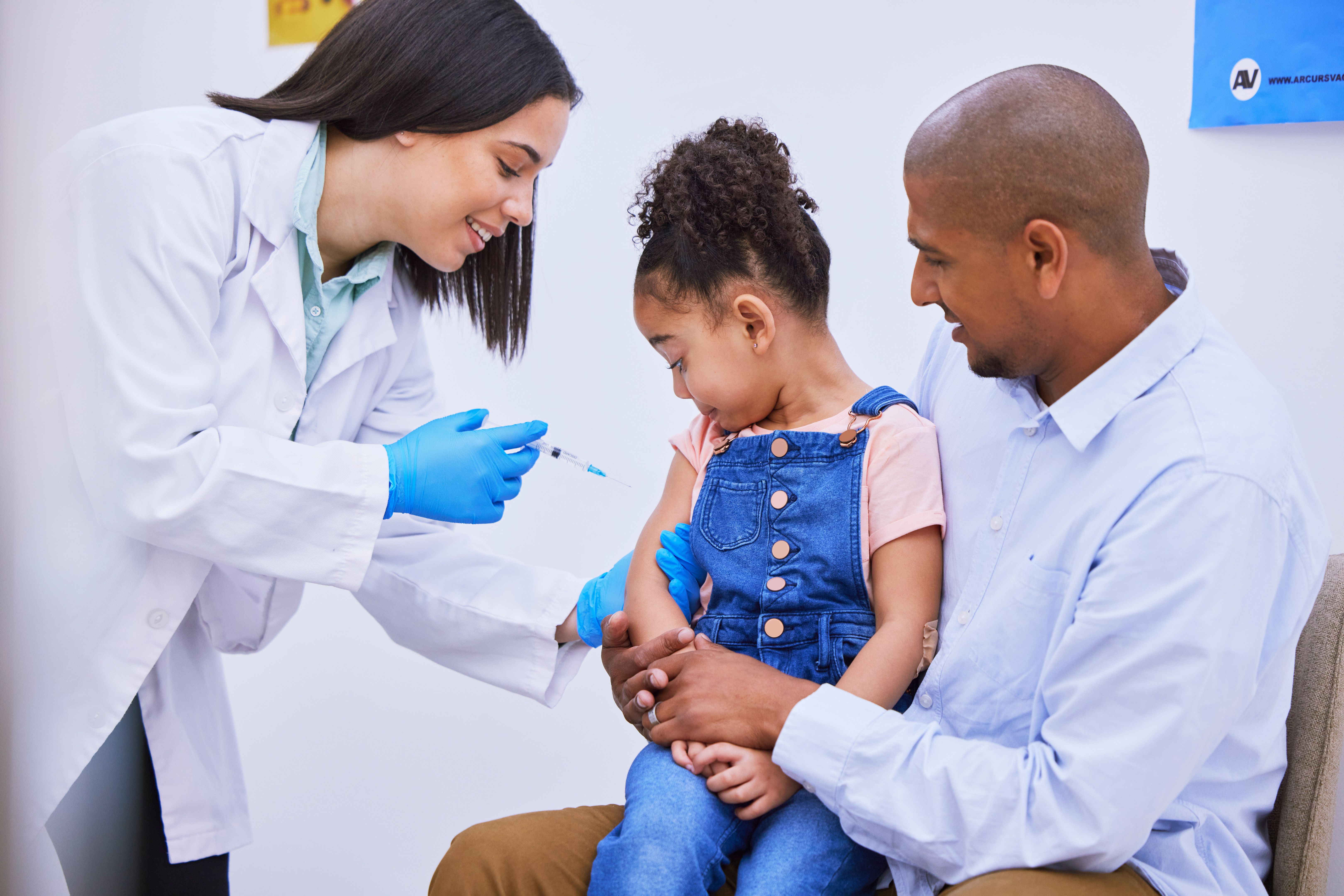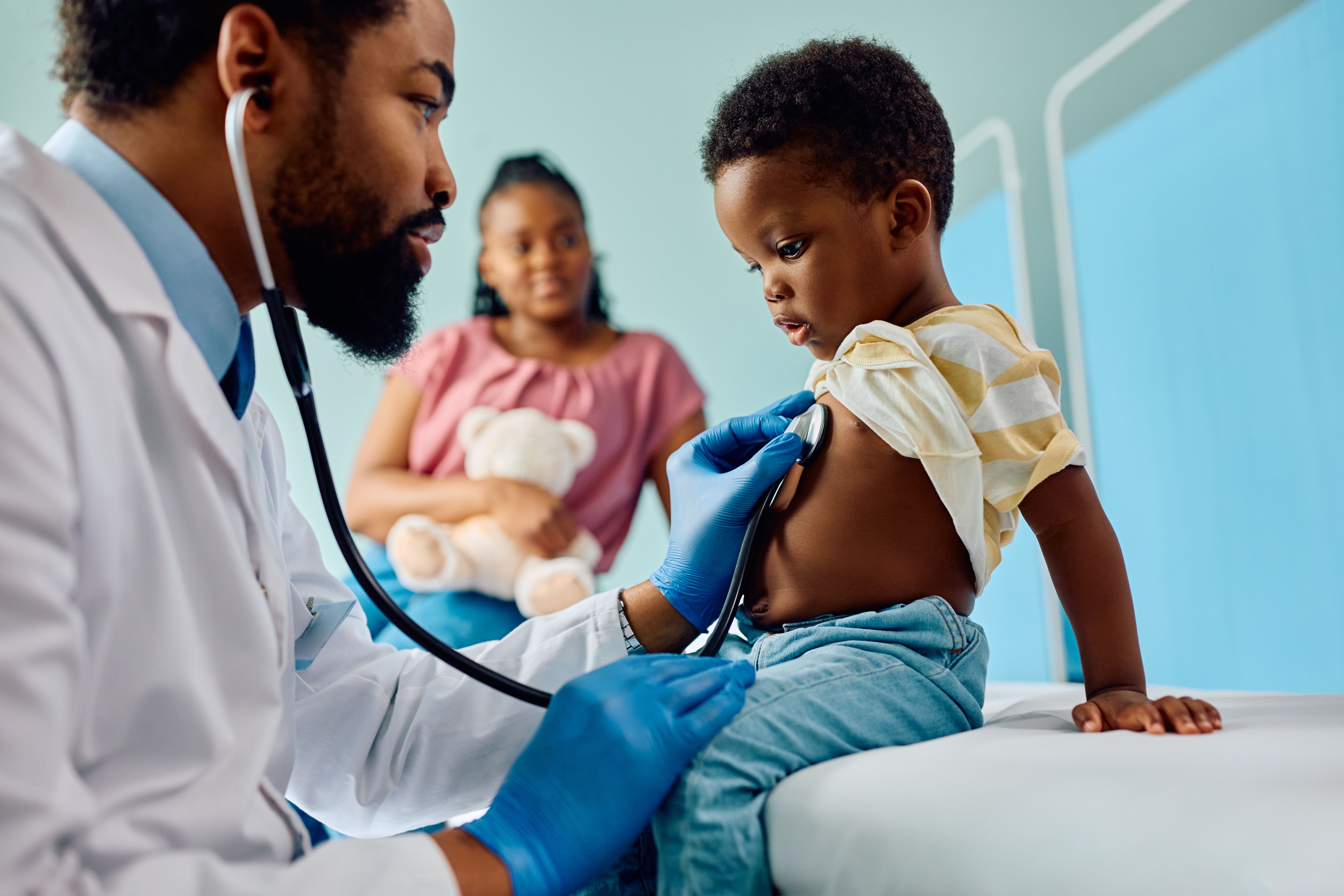Importance of School Physical Exams for Children
Understanding the Role of School Physical Exams
School physical exams play a crucial role in ensuring that children are healthy and ready to learn. These exams are more than just a formality; they provide a comprehensive overview of a child's health status. Conducted annually, they help identify potential health issues that could hinder a child's academic performance and overall well-being.
Regular screenings during these exams allow for early detection of chronic conditions, ensuring timely intervention. This is particularly important as many health issues can be asymptomatic in the initial stages. By identifying problems early, parents and healthcare providers can work together to develop management plans that support the child's health and academic success.

Components of a School Physical Exam
A standard school physical exam typically includes several key components. The healthcare provider will check the child's vital signs, such as blood pressure, heart rate, and temperature. They will also evaluate the child's growth and development, ensuring they are progressing according to age-specific milestones.
In addition to these basic checks, the physical exam often includes vision and hearing tests. These assessments are vital in identifying sensory impairments that could impact a child's learning. If issues are detected, further evaluation or corrective measures can be recommended to improve the child's educational experience.
The Importance of Vaccinations
Part of the school physical exam process includes reviewing the child's vaccination records. Vaccinations are essential in protecting children from contagious diseases, some of which can be life-threatening. Ensuring that children are up-to-date with their vaccinations not only protects them but also helps maintain the health of the school community.

Many schools have specific vaccination requirements that must be met before a child can attend. These requirements help prevent outbreaks of diseases such as measles, mumps, and whooping cough. Staying current with vaccinations is a shared responsibility between parents and healthcare providers to safeguard public health.
Encouraging Open Communication
School physical exams also provide an opportunity for children and parents to communicate openly with healthcare professionals. During the exam, children can express any health concerns or symptoms they may be experiencing. This dialogue is crucial for developing trust and ensuring that any worries are addressed promptly.
Parents can also use this time to discuss their child's emotional and behavioral health. With mental health playing an increasingly recognized role in academic success, addressing any concerns during these exams can lead to beneficial interventions and support systems.

Preparing for a Successful School Year
Ensuring that children undergo regular school physical exams is a proactive step toward a successful academic year. These exams equip parents and educators with the information needed to support each child's unique health requirements. By addressing health concerns before they become significant obstacles, children are free to focus on learning and thriving in their educational environment.
In conclusion, school physical exams are an indispensable part of children's healthcare routine. They serve as a preventative measure, a communication tool, and a foundation for healthy development. By prioritizing these exams, parents invest in their children's present and future well-being.
